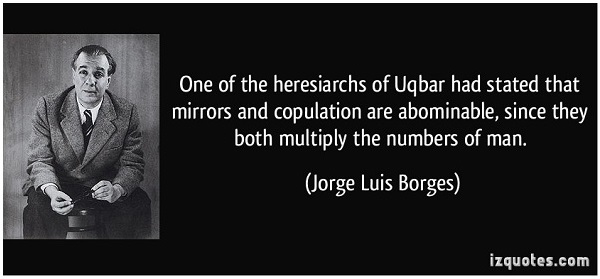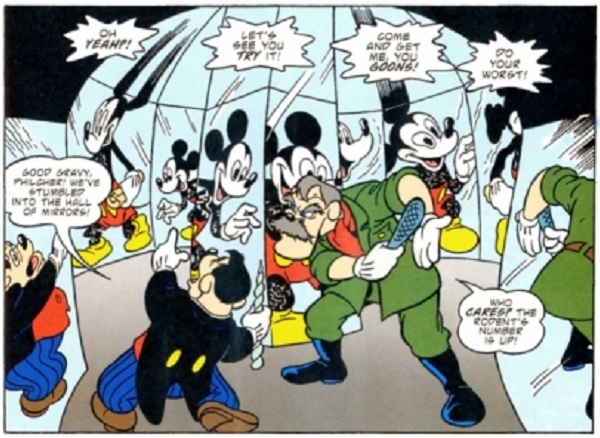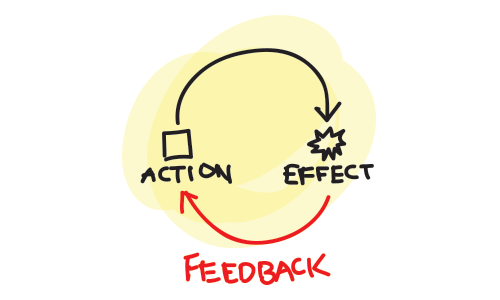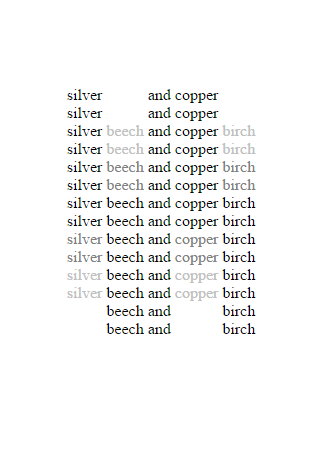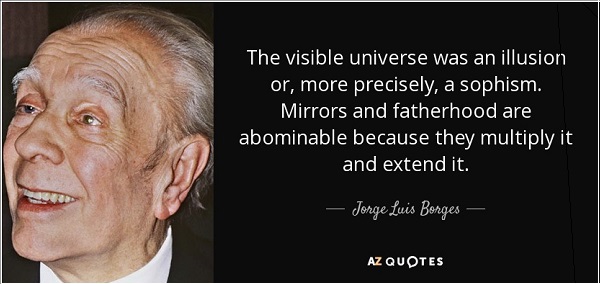Slope #1: Mattis Trump, a study in opposites
Saturday, December 22nd, 2018[ by Charles Cameron — Mattis and Jalaluddin Rumi ]
.
Dexter Filkins in the New Yorker, James Mattis Is Out; What Comes Next?
From the beginning, Mattis and his boss, President Trump, were nearly perfect opposites. Trump, lazy and self-indulgent, appears to think, when he thinks at all, almost entirely of himself. Mattis, by contrast, is a picture of self-restraint, driven by a sense of loyalty to the country and his ideals, symbolized by his high and tight haircut and forty-four years of military service. While his boss revelled in his own hedonism, Mattis walked the battlefields of Afghanistan and Iraq carrying a copy of the Meditations of Marcus Aurelius, the Roman stoic.
Neatly done there: Mattis‘ hair is specified, Trump‘s implied..
Seriously, though, it’s both obvious and surprising that Filkins tackles Mattis, on the occasion of his retirement, in geometric or logical terms of the opposition between the man and his boss.
**
In the first of his sermons in Fihi ma Fihi, Jalaluddin Rumi offers us the paradox that when a sage visits the court of a prince, it is the prince who visits the sage:
when scholars do not study to please princes, but instead pursue learning from first to last for the sake of truth — when their actions and words spring from the truth they have learned and put to use because this is their nature and they cannot live otherwise .. Should such scholars visit a prince, they are still the ones visited and the prince is the visitor, because in every case it is the prince who takes from these scholars and receives help from them. .. Their trade is giving, they do not receive. The Arabs have expressed this in a proverb: “We have learned in order to give, we have not learned in order to take.” And so in all ways they are the visited, and the prince is the visitor.
Mattis is a scholar of strategy, and Trump not much of a prince.
**
The point is, there’s a downhill slope here, and the man of service holds the high ground over his sad little master.
Mattis writes in his resignation letter:
One core belief I have always held is that our strength as a nation is inextricably linked to the strength of our unique and comprehensive system of alliances and partnerships. While the US remains the indispensable nation in the free world, we cannot protect our interests or serve that role effectively without maintaining strong alliances and showing respect to those allies. [ .. ]
Similarly, I believe we must be resolute and unambiguous in our approach to those countries whose strategic interests are increasingly in tension with ours. It is clear that China and Russia, for example, want to shape a world consistent with their authoritarian model — gaining veto authority over other nations’ economic, diplomatic, and security decisions — to promote their own interests at the expense of their neighbors, America and our allies. That is why we must use all the tools of American power to provide for the common defense.
My views on treating allies with respect and also being clear-eyed about both malign actors and strategic competitors are strongly held and informed by over four decades of immersion in these issues. We must do everything possible to advance an international order that is most conducive to our security, prosperity and values, and we are strengthened in this effort by the solidarity of our alliances.
**
NYT, Jim Mattis Kept His Country From the ‘Dark Side’
**
As we all now know, Mattis eventually felt the inverted slope was untenable. Hence:
Because you have the right to have a Secretary of Defense whose views are better aligned with yours on these and other subjects, I believe it is right for me to step down from my position.

